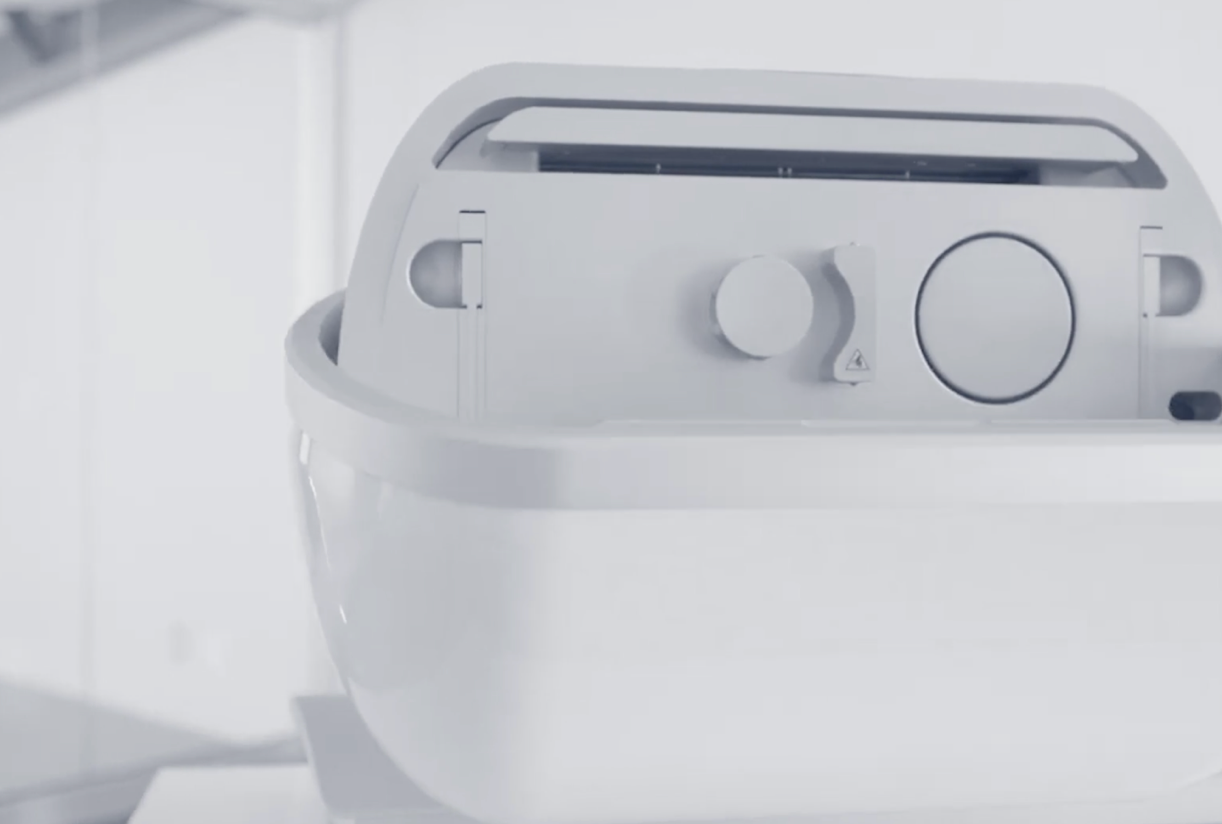Claudin18.2 Cancers
An emerging, recently validated therapeutic target.
Despite being the foundation of treatment for advanced gastric and gastroesophageal tumors, traditional chemotherapy is associated with significant toxicities and subject to considerable limitations in terms of therapeutic outcomes. Advances in precision medicine have generated renewed interest in targeted and immunotherapeutic approaches to managing advanced gastric and gastroesophageal cancers, offering new avenues of hope for patients. Based on its expression pattern in malignant tissues, CLDN18.2 has emerged as a target of interest for new therapeutics.
With numerous completed and ongoing clinical trials testing various targeted treatment approaches, there is a growing body of clinical evidence demonstrating that therapies targeting CLDN18.2 can potentially lead to improved response, disease control and survival rates relative to standard chemotherapy regimens. However, to date there are no approved CLDN18.2 targeted treatments, creating a significant unmet need for patients with advanced gastric and gastroesophageal cancer. Our TAC technology has the potential to address that need, producing strong preclinical data in multiple models of CLDN18.2-overexpressing cancers.


